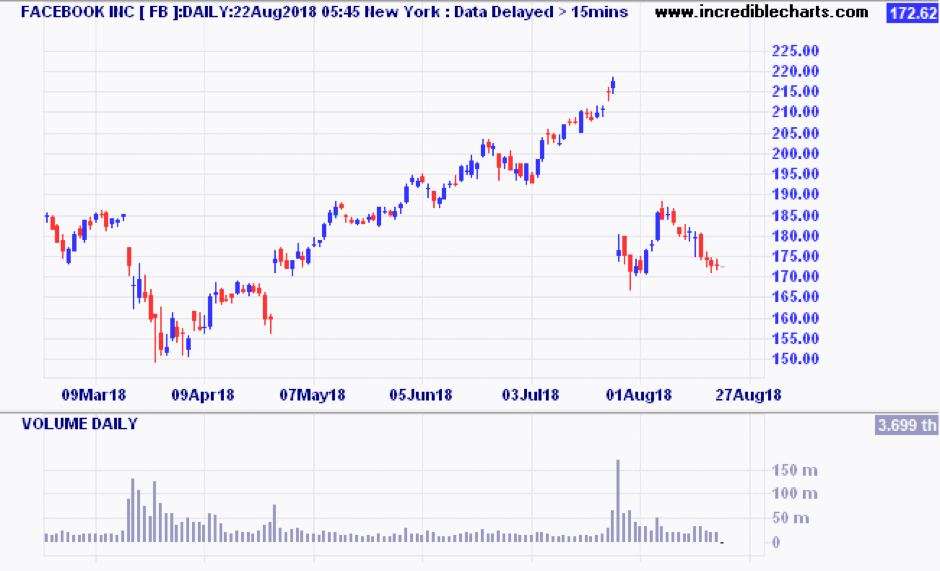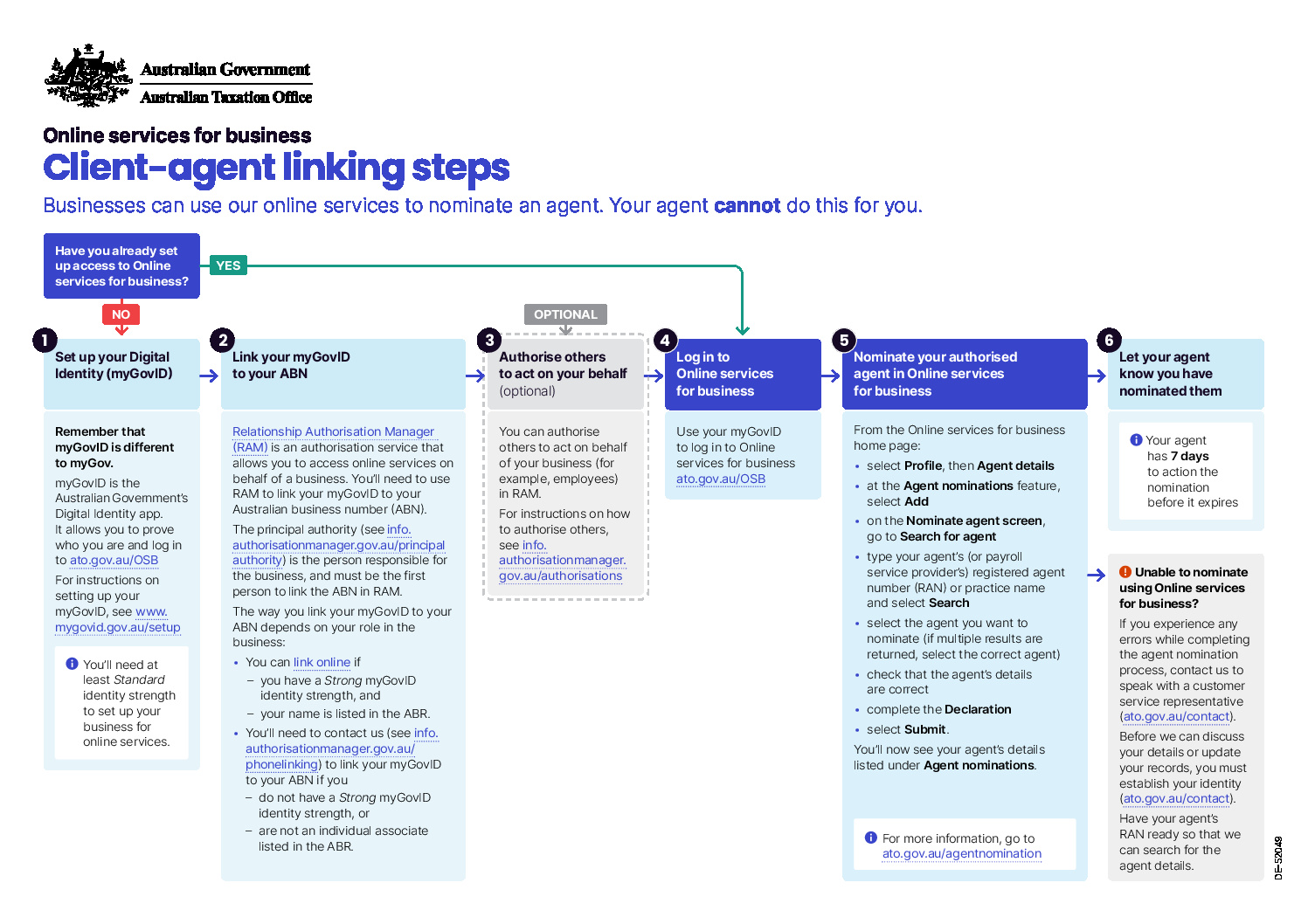The S&P/ASX 200 Accumulation Index continued an upward march in July, gaining 1.36% for the month, and up 14.56% for the rolling twelve months.
International share markets continued higher, in spite of trade war threats and a rapid rise in the USD. Global shares for Australian investors gained 20.80% for the last twelve months.
The Australian Real Estate Investment Trust (A-REIT) sector moderated in July, but was still up almost 1%. The sector is also cycling to a decent 12 month gain of 14.45%. Remember, this is listed trusts in retail, commercial and industrial. Residential prices are another matter altogether which we will comment on shortly.
| INDEX RETURNS AS AT 31 July 2018 (%) | ||||
| 1 month | 3 months | 6 months | One year | |
| Australian Shares | 1.36 | 5.81 | 6.18 | 14.56 |
| International Shares | 2.52 | 5.48 | 7.50 | 20.80 |
| Domestic Listed Property | 0.95 | 6.32 | 7.49 | 14.45 |
| Global Listed Property | 0.93 | 5.28 | 3.93 | 6.46 |
| Australian Fixed Interest | 0.16 | 1.33 | 2.13 | 2.99 |
| International Fixed Int | 0.02 | 0.55 | 0.77 | 1.50 |
| Cash | 0.19 | 0.52 | 0.95 | 1.83 |
| Market Indices | ||||
| S&P/ASX 200 Accumulation Index | ||||
| MSCI World ex Aust TR Index $A | ||||
| S&P/ASX 300 Property Trusts Accum Index | ||||
| FTSE EPRA/NAREIT DEVELOP NR INDEX (A$ HEDGED) | ||||
| Bloomberg Composite 0 + Years | ||||
| BarCap Global Aggregate Index Hedged AUD | ||||
| Bloomberg Aus Bank Bill Index | ||||
Fixed interest and cash was modest over the month, with the paltry 0.19% gain in cash being the biggest return. For the rolling 12 months to 31 July, Australian Fixed Interest at 2.99% was the biggest gainer in the defensive end of portfolios.
Last month we commented on the market fascination with the FANG stocks, Facebook, Amazon, Netflix and Google. We pointed out that those four, along with Apple and Microsoft, contributed 30% of the S&P500 gains through 2017 and the first two months of 2018. Our point was one that the leadership of these ‘momentum’ stocks at steep valuations was the sign of a frothy market, not a healthy market. Since then Facebook went from smiley Facebook to sad Facebook.
While Facebook revenue is still growing, management issued a warning about a slowdown in growth, and also told that they had added only 22 million new users in the last quarter. Apparently that is the lowest quarterly growth in users since 2011. Combined with that was the report that in Europe the daily users DECLINED by 3 million for the quarter.
Investors abandoned the stock and it dropped 19% on the day.
Facebook is now back to where it was a year ago.
Residential property was mentioned earlier in this post, but I don’t want to regurgitate what you are now reading daily in the financial press. It is more useful to read about October 2017 when we said that the Residential property market had likely peaked.
What was interesting during the month was a bulletin from Michael Matusik on the subject of misleading statistics in the property market. He referenced an article by the Urban Developer which ‘revealed’ Australia’s top performing suburbs in the decade 2008 to 2018. In Queensland it was the suburb of Underwood. Yes, Underwood! I know, you are saying ‘what the..?’ Apparently the median price went from $363,000 to $601,000
Michael went on to tear apart the numbers by looking at how many houses had been added as brand new homes, how many of the sales were actually dual-key properties, how many sales recorded in 2018 had undergone extensive renovations, and then looked at same property sales figures for the remaining sample of unrenovated homes that were sold.
The outcome estimated by Mr Matusik on these much more fine-tuned assumptions was around 20% total growth for the decade, which relates to about 1.85% per annum growth. If net rental was say 3.5%, that gives a total return of around 5.35% p.a. Remember, this is for the ‘best suburb’ in Brisbane!
Now I am sure there are plenty of properties that have beaten that by a mile, but this lesson is about not taking property ‘gain’ statistics at face value. Before you jump into any property purchase, look at similar property sales data over the last 10 years, and look for un-renovated samples to get a true feel for the actual ‘passive owner’ returns. The biggest gains in residential property come from uniqueness of position, gentrification of the suburb, and potential for change of use. These factors are generally absent in the kind of property sold by spruikers at Saturday seminars.
If you have concerns about your debt, financial structures or superannuation, or would like to talk to someone about your general financial position, give us a call at Quill Group.
Contact Quill Group today
Get in contact with Quill Group today to discover how we can help you navigate through your finances. At Quill, we are passionate advocates for all of our clients and our team is focussed on providing an experience, not just great service. As the largest multi-disciplined financial services practice on the Gold Coast we provide a high touch personalised service delivered with competence, confidence and amazing results.














